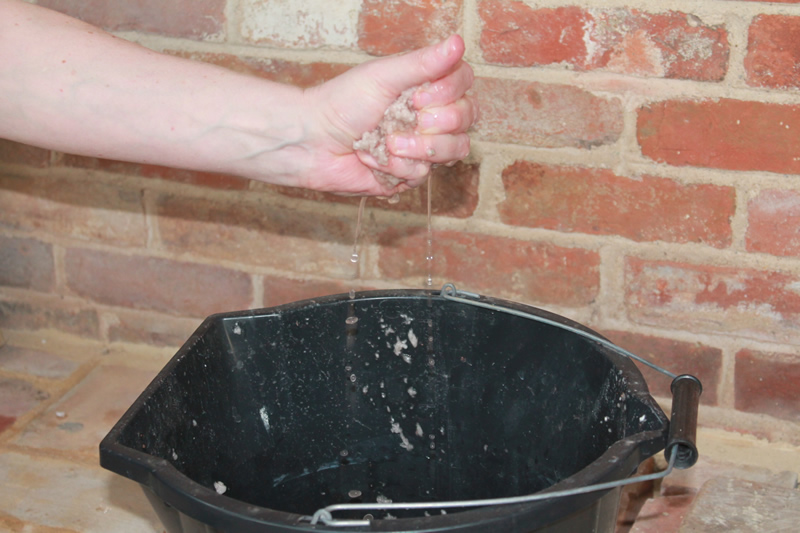- Messages
- 3
Afternoon,
Recently had a new boiler fitted with new radiators, old radiators were the old steel type. The installer recommended reducing the size as the new panels are more efficient, which we were happy to do.
Now, I believe that for the output of the boiler the radiators are too small/not enough in the house. We're in a 70s detached. It barely gets to 20 degrees after 5 hours from around 12 degree start (5 degree outside) but radiators are very hot to the touch. Up in the attic next to the boiler there is what I assume to be the 'in' and 'out' of the central heating pipe. While there is a difference, it is quite minimal.
Had our first gas bill through and the amount of kWh used is way above average (62kWh) with boiler running around 8-9 hours a day
My question is if I were to increase the size of the radiators, this would obviously make the house heat up faster and get to temperature, but would it also be more efficient use of gas? (Particularly if it reaches the set temp on thermostat and goes off) The water going back into th boiler is reheated but what if it's too hot... If that makes sense?
Thank you for listening to my ramblings.
Recently had a new boiler fitted with new radiators, old radiators were the old steel type. The installer recommended reducing the size as the new panels are more efficient, which we were happy to do.
Now, I believe that for the output of the boiler the radiators are too small/not enough in the house. We're in a 70s detached. It barely gets to 20 degrees after 5 hours from around 12 degree start (5 degree outside) but radiators are very hot to the touch. Up in the attic next to the boiler there is what I assume to be the 'in' and 'out' of the central heating pipe. While there is a difference, it is quite minimal.
Had our first gas bill through and the amount of kWh used is way above average (62kWh) with boiler running around 8-9 hours a day
My question is if I were to increase the size of the radiators, this would obviously make the house heat up faster and get to temperature, but would it also be more efficient use of gas? (Particularly if it reaches the set temp on thermostat and goes off) The water going back into th boiler is reheated but what if it's too hot... If that makes sense?
Thank you for listening to my ramblings.

